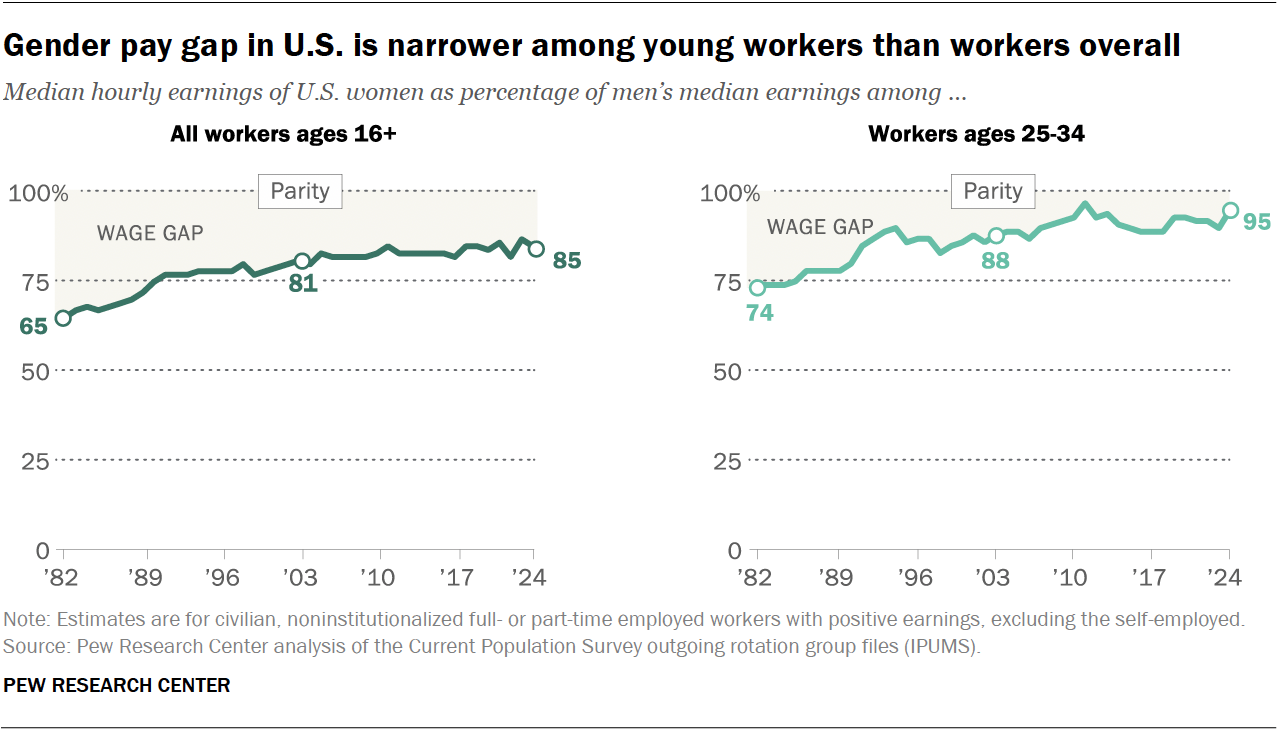What Exactly do Young Men Want?
Much has been written about a generation of angry and lonely men, but what is the actual solution?
To a certain type of person, the plight of young men like myself represents a five-alarm fire in our society. They argue young men have been ignored and abused, expected to give more while receiving less. Men, they argue, have no role in our society, unable to compete with their female counterparts in the workplace or in the classroom. This isolation becomes the anchor that these men base their worldview on — one of right-wing hatred for women and minorities, while all the same clinging to the idea of the stoic hero. Yet this idea, that society has suddenly stopped caring about young white1 men, is a fantastical diversion from the less interesting truth at the heart of much of the contemporary men’s rights movement: the world is no longer completely devoted to the sanctity and comfort of the most pampered class of human in our species’ history. There has to be some level of acknowledgment of this core truth if any productive discussions can be born.
It’s important to understand the motivation behind the men’s rights movement in order to later properly analyze it. This isn’t a formal political party with an official leadership structure, but the foundational arguments espoused by the movement are largely similar. These arguments fall into two general buckets. The first argues that society is actively opposed to young men, and a focus on inequality has purposefully omitted and shamed young — and almost always white — men from sharing in the fruits of prosperity. The second paints young men’s role in modern society as antithetical to their true place in our world. Young men should be fighting, getting dirty, becoming strong, and all the while remaining proudly ascetic. Both of these arguments share an underlying message of young men as misfit toys, adrift with no real purpose or meaning while the rest of society reaps.
There is so much to deconstruct with these lines of thought, but firstly I want to highlight how pathetic this whole movement really is. If you spend any time online with men’s rights creators, you will immediately see how little agency these young men give themselves. Despite cloaking themselves in a veil of stoic leadership, these men in fact spend their days whining to anyone who will listen about just how unfair things have gotten. When you listen to why, in their minds, things have gotten so bad so fast, the true reason for the men’s rights movement is revealed. These creators, and their followers, largely direct their ire at women. They complain about decades of focus on women’s education and the gender pay gap, and how it is in fact men who have become the disenfranchised in modern America.
Yet, this idea is plainly false. For every dollar a man makes at work, a woman will make eighty cents. In some professions, like law, women make almost thirty percent less than their male counterparts in the same role. If all streams flow downward of material possession, this would seem to be a silver bullet for the men’s rights movement. Why then, has it not? I would argue that it is not the actual material benefits afforded to these angry young men that they care about. To these men, women make less not as a function of inequality but as a function of capability. They are pushing in on spaces where men have traditionally dominated, rather than working in concert to uphold and advance the agenda of a male figurehead.
Thus, the anger directed at the closing gender pay gap is a reflection of momentum-related angst — a feeling that even though men may not have lost their status in American society, that title is swiftly eroding. Even if wage growth for women is simply catching up to where men already are, the dynamic inherently creates friction amongst young and naive men. Without a way to express this feeling, young men turn inward and internalize the perceived society-wide slight. It’s important to note how dangerous this compartmentalization is for these young men, who at their most susceptible age are fed a worldview that views equality as an affront to personal prosperity. Arguably, the detachment from reality that this narrative inhabits allows it to evade any type of grounded and rational discussion relating to personal culpability — in turn preventing these men from confronting their own irrationality.
The solution to this victimization is clearly not to revert back to a 1950s “boys will be boys” attitude. Like many other issues on the contemporary right, the frustration with a suspected decline in social prestige cannot be reasoned with. It is this very decline that will prevent any true mediation, and it is the reason why there is never any true solution to the growing list of societal complaints. Therefore, the path forward is to remove any semblance of victimhood from our society as a whole, refusing to even buy into the idea that somehow young men are encountering a uniquely treacherous road ahead. This does not, and should not, equate to a decline in structural support for young men to develop their careers or start their own families, but it does embargo this noxious movement from indoctrinating and incapacitating more young men.
It should also be mentioned just how backwards the logic around this supposed crisis is among young men. Even among those outside of the Trump-aligned manosphere, there is a shockingly bare amount of retrospection as to how young men may better enjoy the society we have, not the society they want. This notion that young men should be allowed to act any way they wish and say anything they want, and that the rest of society should smile and nod, is — despite their claims of victimhood — a luxury only allowed for young men. By robbing these men of responsibility, you are both further distancing them from the type of societal acceptance they ultimately crave.
This stretches into dating, too. The pathologization of dating is central to the men’s rights movement, not as an explanation for their own missteps but as another tool to blame an amorphous antagonist. Women sleep around too much. They only want money. They don’t like weakness. Yet again, rather than looking at why certain men may struggle to attract romantic companionship, these men find a way to push others down. When these men look at their gendered cohort, though, sexual promiscuity is a tool for glory and pleasure rather than shame and disgust. The explosion of street interviewers ambushing obviously drunk women with body-count questions is evidence enough of how deeply rooted this narrative is amongst young men.
This is not to say we don’t have a real problem on our hands in relation to a generation of angry and lonely young men. We do. It’s clearly a problem when 44% of Gen Z men report having no relationship experience during their teen years. Young men swung to Trump more than any other demographic in 2024, and powered a flood of men’s-rights influencers supporting the former President. While I may disagree with the rationality that many young men face, I do not deny that facts or not, we will need to find a way to integrate young men into our American future. We need to do this, though, by raising the economic opportunities for young people of all genders and races — rather than supporting the backwards identity politics that this movement is fueled by.
It feels impossible to not acknowledge that most of the dialogue implicitly insinuates these are white men.



